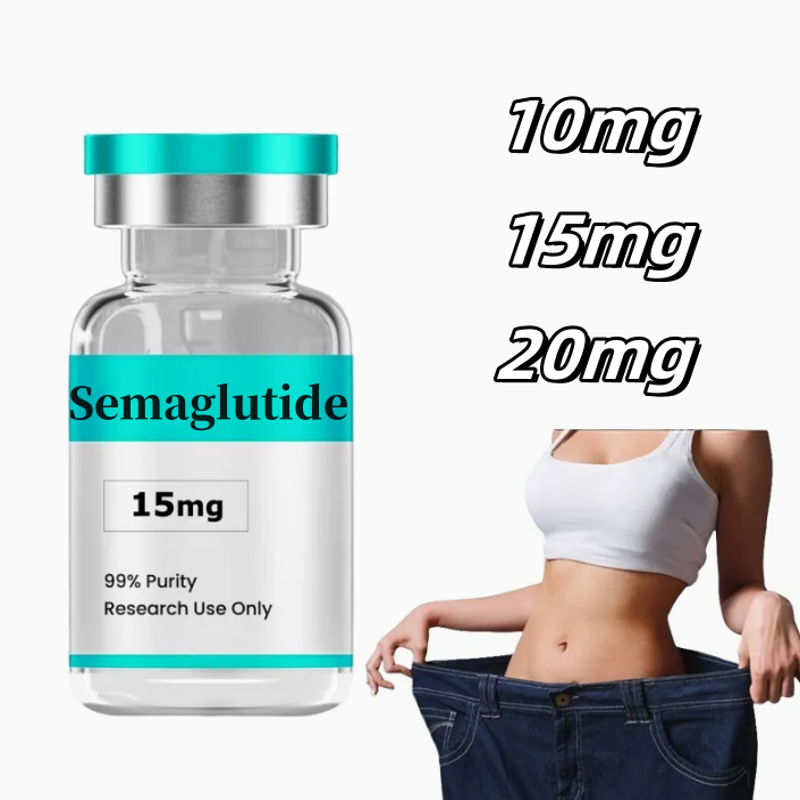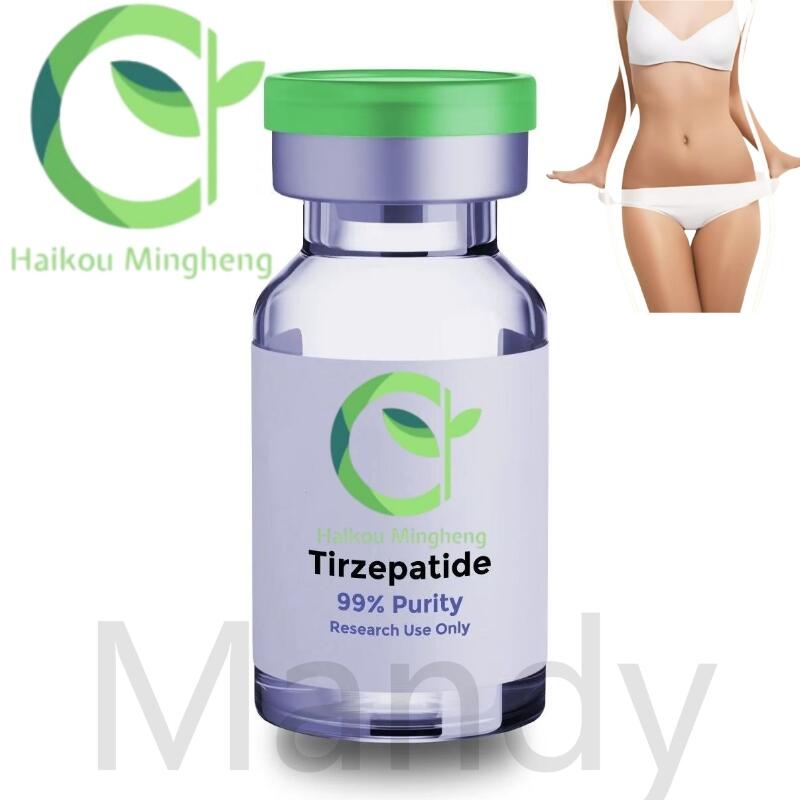Breach! Find the key protein to control blood sugar! Or become a new target of diabetes treatment!
-
Last Update: 2018-01-29
-
Source: Internet
-
Author: User
Search more information of high quality chemicals, good prices and reliable suppliers, visit
www.echemi.com
Abnormal liver glucose intake (HGU) results in an increase in postprandial blood sugar, which results in a symptom known as postprandial hyperglycemia This abnormal condition occurs in obese and type 2 diabetic people, which will increase the risk of cardiovascular complications Although the exact mechanism of HGU abnormality is not clear, there is evidence that it is caused by the abnormality of glucose kinase and glucose kinase regulatory protein (gkrp) in the liver Now, a research team from Japan led by Professor Hiroshi Inoue of Kanazawa University, in collaboration with researchers from the National Center for global health and medicine, has found that sirt2 is a key factor regulating hepatic glucokinase through gkrp, which provides a new potential therapy for the treatment of type 2 diabetes It has been previously reported that the signal molecule nicotinamide adenine dinucleotide (NAD +) controls glucose metabolism In this paper, Inoue and his colleagues found that sirt2 is a regulatory factor of NAD + dependent HGU by knockdown in vitro However, sirt2 does not affect the expression of glucose kinase and glucose-6-phosphatase, which means that sirt2 affects HGU through post-translational modification In normal cells, glucokinase binds to gkrp in hypoglycemia and dissociates in hyperglycemia But in diabetic mice, the two proteins did not dissociate in hyperglycemia In this study, the researchers found that sirt2 can reverse this process by overexpression Sirt2 can directly bind to gkrp to regulate the dissociation of two proteins, and can deacetylate gkrp in a NAD + dependent manner The researchers also carried out experiments in mice and found that HGU was disturbed by the expression of a gkrp that could not be deacetylated, indicating that gkrp acetylation was related to HGU and normal blood glucose maintenance In addition, the researchers also found that the decrease of NAD + dependent sirt2 activity and sirt2 dependent gkrp acetylation defects partly resulted in HGU abnormalities in obese diabetic mice In conclusion, the results show that NAD + and sirt2 regulate HGU, and sirt2 exerts its effect through gkrp deacetylation "These findings suggest that NAD + / sirt2 dependent gkrp deacetylation regulation plays an important role in HGU control, which is a new therapeutic target for the treatment of type 2 diabetes and obesity," the authors conclude
This article is an English version of an article which is originally in the Chinese language on echemi.com and is provided for information purposes only.
This website makes no representation or warranty of any kind, either expressed or implied, as to the accuracy, completeness ownership or reliability of
the article or any translations thereof. If you have any concerns or complaints relating to the article, please send an email, providing a detailed
description of the concern or complaint, to
service@echemi.com. A staff member will contact you within 5 working days. Once verified, infringing content
will be removed immediately.







